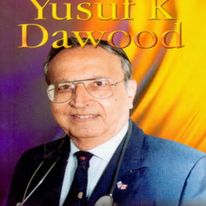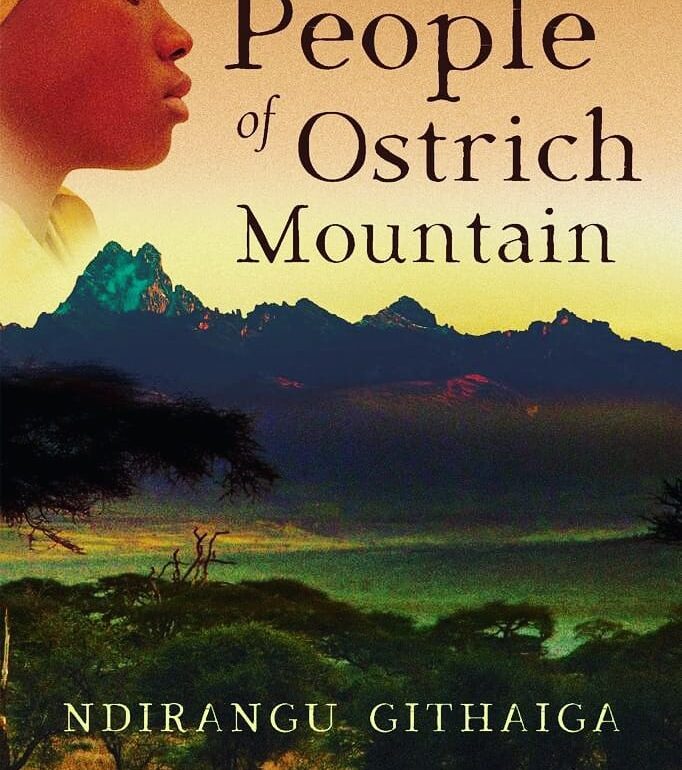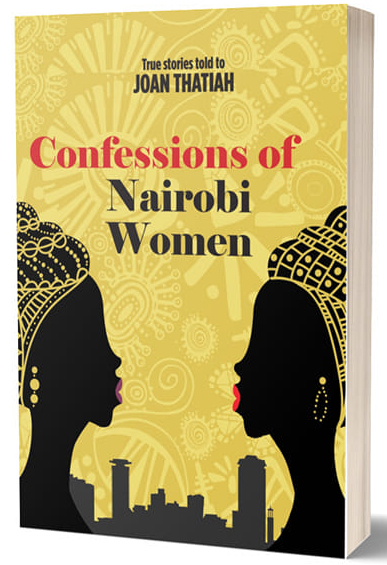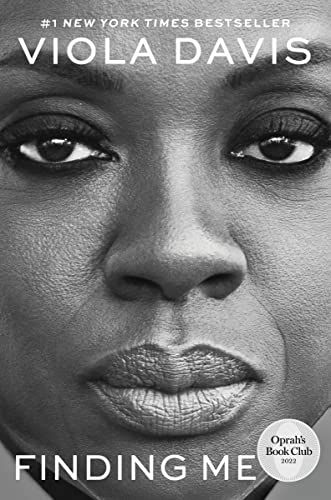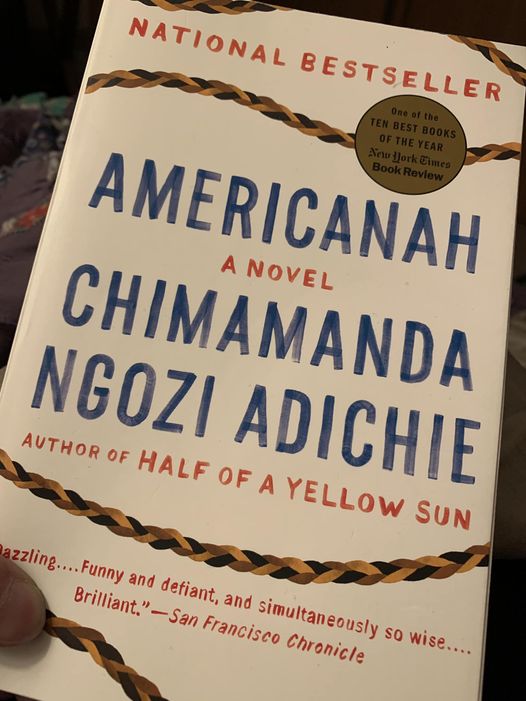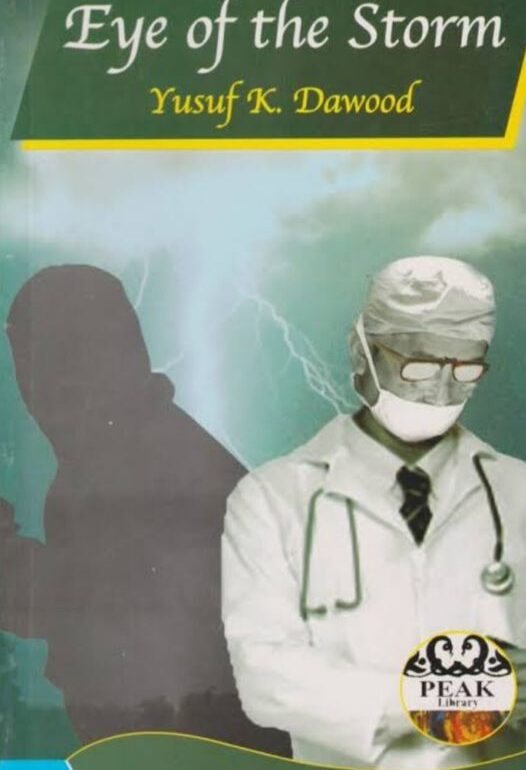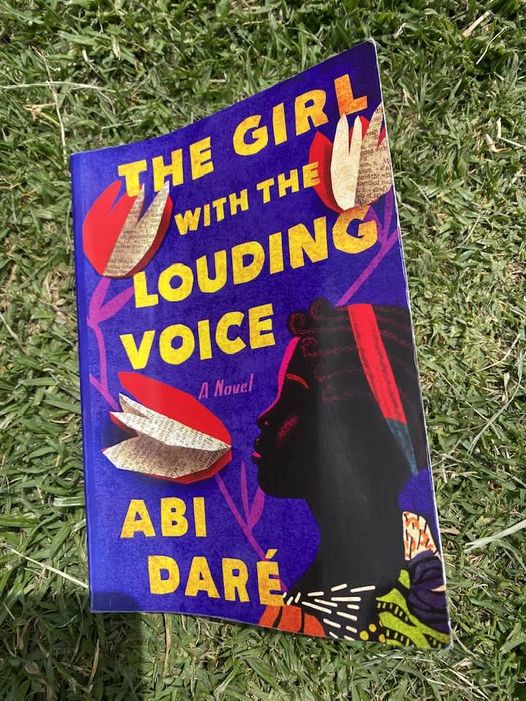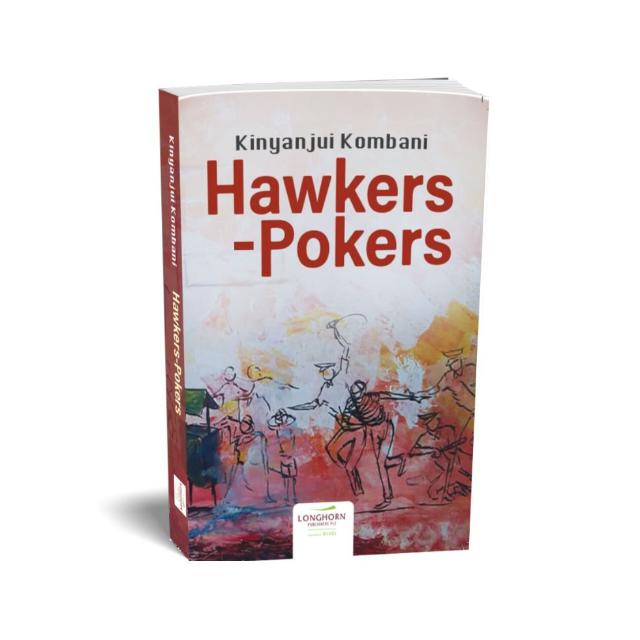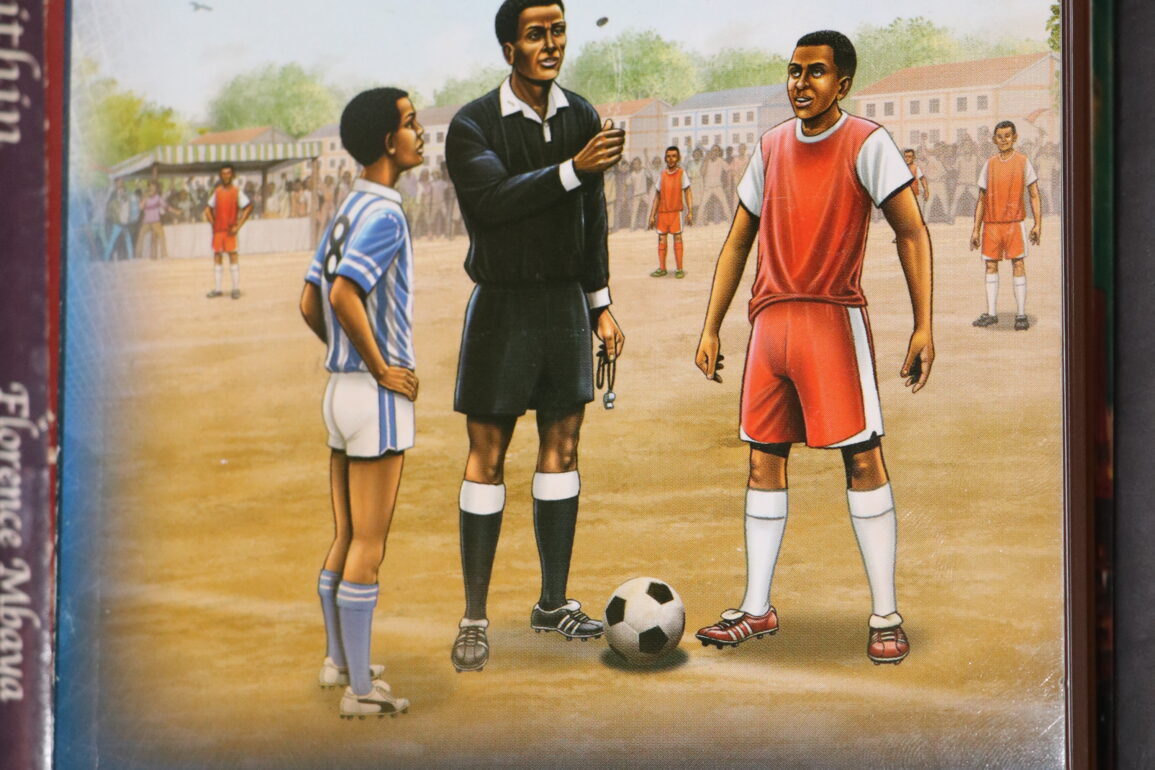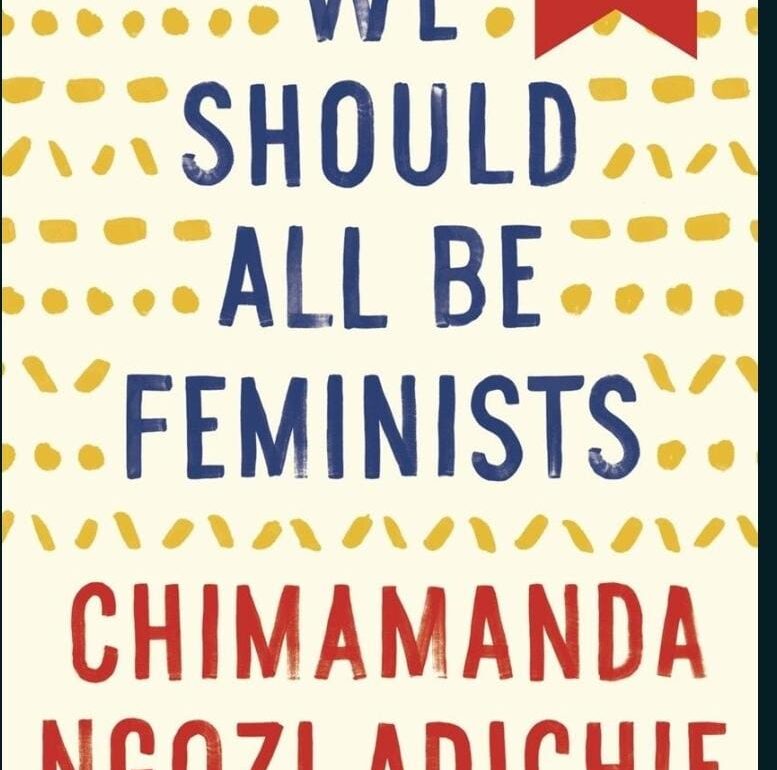Title: Hawkers-Pokers
Author: Kinyanjui Kombani
Publisher: Longhorn
Reviewer: Mbugua Ngunjiri
Kinyanjui Kombani is back, this time with a thriller, whose twists and turns will keep the reader glued to the book’s pages till the very end.
The story is told through the eyes of Rocky Ada (Rada), hawker, who is the eyes (riitho) of fellow hawkers going about their business in the streets of Nairobi. To understand why a riitho is an important person in the hawkers’ universe, one only needs to reflect on the cat and mouse, often street battles between hawkers and City Inspectorate Enforcement Officers (Kanjo askaris), which can and routinely turns fatal.
Now, it is the duty of Rada and two other sentries to be on the lookout and warn fellow hawkers of any impending raid by the deadly Kanjo.
One day, while playing his usual cat and mouse games with Kanjo, Rada rescues a man he finds unconscious in a storm drain. Turns out that this man, Mike Thumbi, son of one the richest men in Nairobi, had a near-fatal encounter with the infamous mchele (drugging) babes.
Out of the goodness of his heart, Rada borrows a mkokoteni and takes the indisposed Mike to his shack in nearby Ngara, a decision he regrets later, but also has the potential of changing his fortunes.
Meanwhile, Mike is reported missing and suspected to have been kidnapped. One thing leads to another and a contingent of crack unit personnel drawn from the country’s elite forces ‘rescues’ Mike, while Rada is taken into police custody.
When it becomes clear the charge of kidnap cannot hold in a court of law, Rada is released on bond. Mike feels remorseful seeing the kind of tribulations, including torture, his rescuer has undergone in the hands of cruel police interrogators. He pays Rada’s bond.
They soon part ways after Rada refuses Mike’s offer for further assistance. However, their fate appears intertwined as they soon find themselves together again, when Rada comes to and finds himself under the care of Mike, in their home.
After proving himself useful to the Thumbi family, a plan is hatched for Rada’s slum-dwelling parents to get introduced to the Thumbi’s. Drama awaits as it is through this meeting that long-forgotten history comes back to haunt the two families, when it emerges that Rada and not Mike is the billionaire’s real son and that the two were swapped at birth.
These revelations come in the form of action-packed flashbacks; explosive revelations that threaten to tear apart, the image Thumbi had carefully cultivated for himself all those years. His multi-billion business empire risks going down the drain, as sordid details of his dark past come back to haunt him.
You only need to read the book to get details for yourself. Here, Kombani, one of Kenya’s most prolific writers has surely outdone himself. This, in our view, is vintage Kombani, who announced himself to the literary landscape with his magnum opus, The Last Villains of Molo. Clearly, he has matured and gotten better with time.
One small issue though; the author failes to tie up a few loose ends in his plot, particularly the bit where Rada is arrested and taken to court. How is it that police interrogators neglected to tell him what he was arrested for? Again, since most of the book is narrated from Rada’s point of view, he conveniently omits the part where he was arrested from his house, where he had rescued/harboured Mike.
It thus gets confusing for the reader, when Rada, in court, claims no knowledge of Mike, in view of his association with him at the storm drain and subsequent housing him at his Ngara shack, from where they were smoked out by police.
This can only be down to authorial oversight, which would have been cured through keen editorial intervention.
That oversight though doesn’t dampen the fire in Hawkers-Pokers, for it addresses issues that affect our daily lives, like child theft and child swapping in our maternity hospitals. Something about the book’s ending cries for a sequel.

